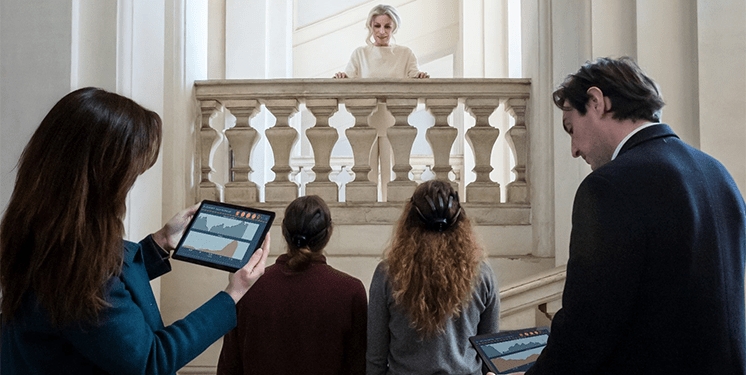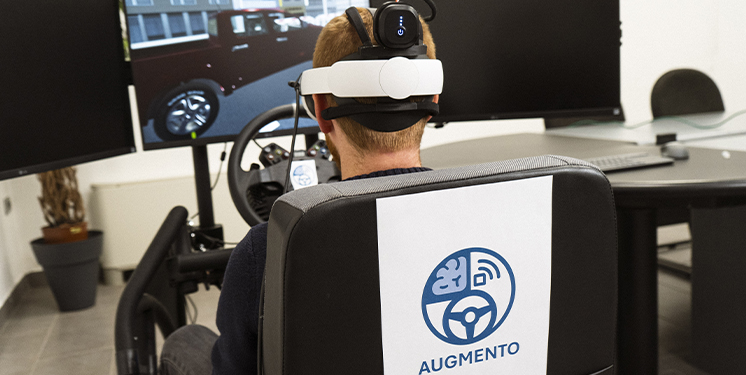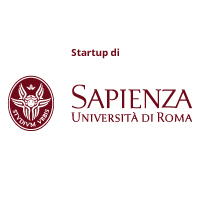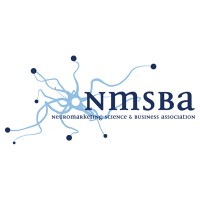Since March 25, 2022, as part of the exhibition "The Reception of the Comedy from Manuscripts to Media" held at the Library of the Accademia dei Lincei in Rome, two experimental stations have been introduced as part of the NeuroDante project. This project, led by Professor Fabio Babiloni’s team from Sapienza University of Rome in collaboration with the university start-up BrainSigns, aims to investigate the neurophysiological bases of the perception of The Divine Comedy.
The current phase of the NeuroDante project uses the Mindtooth system, developed by BrainSigns as part of the European Mindtooth project funded by the Horizon 2020 program (GA950998). Mindtooth is able to provide real-time indicators of cognitive and emotional states using sensors and biometric data processing.
Throughout the exhibition, neuroscience will be used to measure acceptance levels of artificial intelligence and green lifestyle through the permanent stations "emozIonDAnte" and "Dante everGreen." The occasional station "tramanDante" will also employ the Mindtooth system to detect the neural correlates of possible synergies between reading and listening for learning.
In the past five years, the NeuroDante project has explored various factors potentially modulating the aesthetic experience: from literary knowledge to sensory mode of text fruition, including the variable of the performer’s gender.
This research lies in the field of neuroaesthetics, founded by Semir Zeki in the late 1990s, and aims to explore the neurobiological correlates of aesthetic experience. Traditionally focused on the visual art, neuroaesthetics has, in the last decade, expanded to include textual material.
NeuroDante's results, published in international scientific journals, have highlighted several key findings:
- Beauty makes everyone’s heart beat: It is not necessary to be an expert to be moved by The Divine Comedy; in fact, naïve audiences show higher levels of emotional engagement than experts.
- The pleasure of learning: Cognitive effort in the enjoyment of the Divine Comedy is accompanied by indicators of a cerebral tendency to approach and interest in the text










